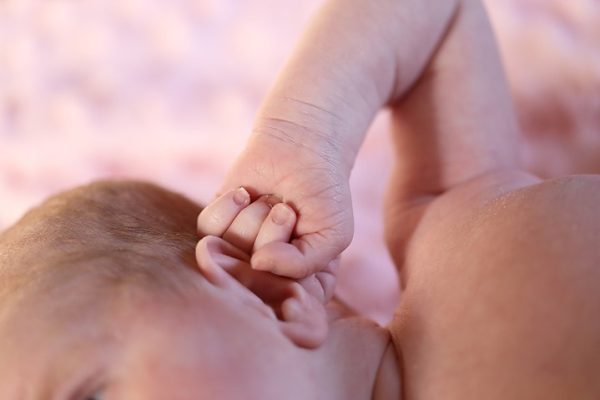
Understanding Loss of Hearing In Babies And Solutions
Hearing loss in babies can have various causes, and the treatment or intervention depends on the underlying cause and the degree of hearing loss. In babies hearing loss is when the baby is not able to hear in one or both ears. And, sometimes babies may lose part of the hearing or full hearing.
It’s important to identify and address hearing issues in babies as early as possible to ensure they have the best opportunities for language and communication development.
Reasons for hearing loss in babies:
- Family history
- Low birth weight
- Birth injuries – loss of oxygen,
- Rh factor, jaundice, maternal diabetes, alcohol and drug usage by mother
- Earwax
- Fluid development behind eardrum
- Rupture to eardrum
- Objects blocking ear canal
- Infection in eardrum resulting in scar
- Problem with inner ear structure
- Exposure to toxic chemicals when baby is in mother’s womb.
Some of the syndromes babies can have could be the reason hearing loss: Down syndrome, Usher syndrome, Treacher Collins syndrome, Crouzon syndrome, Alport syndrome and Waardenburg syndrome.
Hearing loss in babies and infants varies by age. In newborn when there is a loud noise baby may not startle (congenital hearing loss). In infants (age 8 months up to 15 months) may not show reaction to familiar voices. At the age of two child is expected to speak 2-word sentences and if they don’t reach this milestone then it could be due to hearing loss.
Hearing loss can be mild, moderate, or profound. Profound is babies unable to hear anything and it is called deafness. It is important to consult pediatricians and audiologists to determine the most appropriate solution for a baby with hearing loss, as the specific needs and interventions can vary. Early intervention and a supportive, nurturing environment play a critical role in a child’s overall development, especially when addressing hearing loss in infancy.
Here are some solutions and interventions for babies with deafness or hearing impairment:
- Newborn hearing screening: Many countries have implemented newborn hearing screening programs to identify hearing issues shortly after birth. This helps in early detection and intervention.
- Hearing aids: For babies with hearing loss, hearing aids can be an effective solution. Pediatric audiologists can assess the degree and type of hearing loss and recommend appropriate hearing aids if necessary.
- Cochlear implants: In cases of severe to profound hearing loss, cochlear implants may be recommended. These electronic devices are surgically implanted to provide direct electrical stimulation to the auditory nerve, allowing the child to perceive sound.
- Auditory verbal therapy: For babies and young children with hearing loss who receive hearing aids or cochlear implants, auditory-verbal therapy is often recommended. This therapy helps children develop listening skills and the ability to use spoken language to communicate.
- Sign language: Some families choose to use sign language, such as American Sign Language or other forms of sign language, to communicate with their deaf or hard-of-hearing children. Sign language can be an effective means of communication for those with significant hearing loss.
- Early intervention services: Access to early intervention services, such as speech therapy and language development programs, can be crucial in helping babies with hearing loss develop their communication skills.
- Educational support: As a child with hearing loss grows, they may benefit from educational support services, including accommodations in the classroom and access to special education programs.
- Supportive family environment: A supportive and nurturing family environment is essential for the child’s emotional and psychological well-being. It’s important for parents to learn about hearing loss and how to support their child’s development.
- Regular monitoring: Hearing needs can change over time, so regular hearing assessments and follow-up appointments with audiologists and healthcare providers are important to ensure that the child’s hearing devices are working effectively.
- Advocacy and support groups: Families of children with hearing loss may find it helpful to connect with advocacy and support groups for information, resources, and emotional support.
It is important for pregnant women to take all the vaccinations as advised by gynecologist. Before taking medications get to know the details of medicines and inform your doctor. Take all precautions to avoid loud noise and other types of exposure that could harm your baby.
References:
https://www.healthyhearing.com/
Image credit: Image by <a href=”https://pixabay.com/users/woodypino-3423923/?utm_source=link-attribution&utm_medium=referral&utm_campaign=image&utm_content=1863964″>Josef Pichler</a> from <a href=”https://pixabay.com//?utm_source=link-attribution&utm_medium=referral&utm_campaign=image&utm_content=1863964″>Pixabay</a>
Author: Sumana Rao | Posted on: October 19, 2023
« How To Find Out Whether Your Kid Is Smoking Or Not Safety And Protection of Baby’s Eyes »






















Write a comment